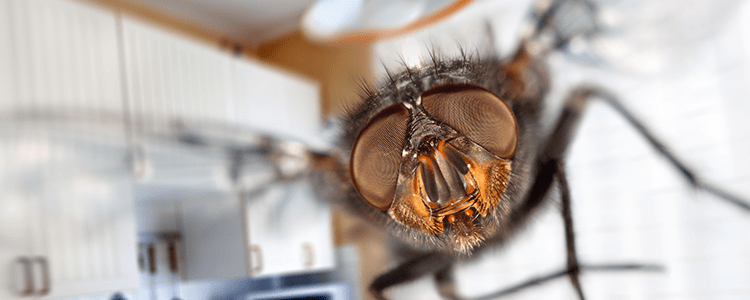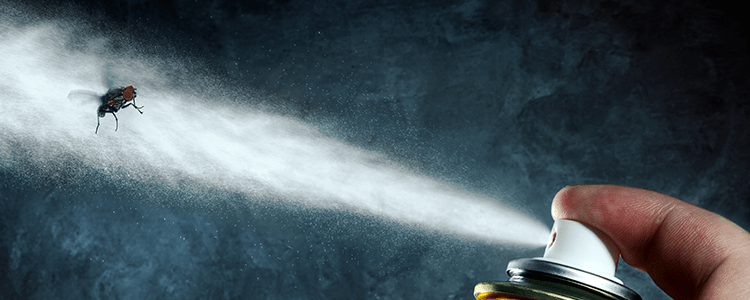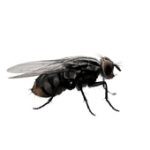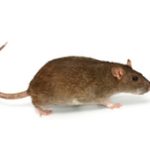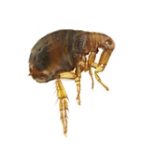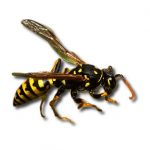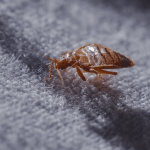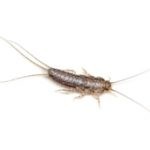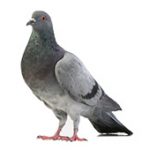How Long Do Flies Live?
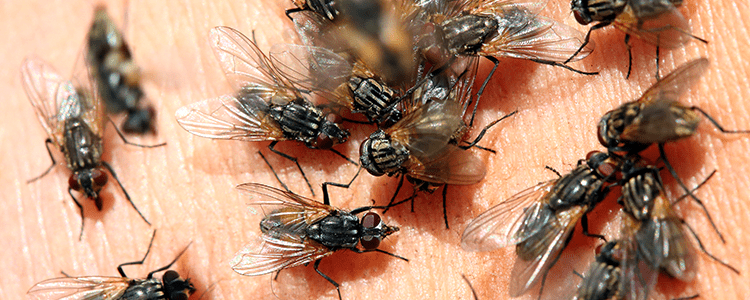
There are questions you probably thought you would never ask of yourself, such as what the lifespan of a fly is. But when faced with more flies than you can handle in your own home, there comes a time when everybody wonders just how long do flies live.
There are several types of flies that you may encounter indoors, the most popular of which are house flies, fruit flies, and cluster flies.
How Long Do House Flies Live?
The average housefly life span can vary depending on several conditions. They usually go through their entire life cycle in 15 to 30 days. The distinct stages of egg, larva, pupa and adult can be prolonged in a warm environment with an abundance of food.
Even though up to 30 days sounds a lot, it is still a relatively short lifespan. Unfortunately, during that time, these insects can lay eggs five or six times and produce up to 120 new flies each time. One or two flies can sometimes turn into a small infestation, as a single female can produce up to 3000 eggs once she has reached adulthood.
How Long Do Cluster Flies Live?
A cluster fly’s life stage goes from egg to larva, to pupal, and then an adult. They are laid in the soil and only fly above the surface once they have developed into adults, which can take up to 40 days. Adult cluster flies can then live up to an entire year but are unable to breed indoors.
How Long Do Fruit Flies Live?
A fruit fly’s lifespan is similar to the house fly. They are smaller in size and usually hatch and live off decaying fruit and food. You can also find them around damp areas of your home, usually the kitchen sink, as well as mops, buckets, and open bottles. From hatching to adulthood, it only takes two weeks for a fruit fly to fully develop. After that, they live approximately 10 days, but under the right conditions can survive up to 30 days.
How Long Do Flies Live Without Food?
Food is an essential part of the survival of a fly, and they can usually last only two to three days without it. With a steady food supply, especially sugar, a fly’s life can be extensively prolonged. Enough protein is also essential for the house fly’s reproduction, as they need it to hatch their eggs.
Apart from food, water is also crucial to a fly’s survival. Even if there is an abundant amount of food available, if a fly does not have access to a water supply for more than two days, it will not be able to survive.
How Long Does a Fly Live in Your House?
House flies and fruit flies can live out their entire lifespan in your home, from laying eggs throughout their whole adulthood. Cluster flies, on the other hand, need to be hatched in soil and then bore into an earthworm, which they use entirely for food. Once they reach adulthood, they can enter your home but will leave it to hatch their own eggs. Depending on the type of fly you are facing, they can spend a week, going up to 4 weeks in your home. Some flies can overwinter in your home as well, reducing their daily activities to almost zero, and last up to a year indoors. Overwintering can increase the average lifespan of a fly exponentially.
Read: How to Get Rid of Flies
Where Do Flies Go in The Winter?
Flies are usually nowhere to be found in the colder months, or so most people think. Flies are believed to have a sub-tropical ancestry, which can explain their inability to survive the colder months outside, as they do in summer.
Some migrate and others diapause, which is a state similar to bear hibernation in nature.
- Migrating
Most flies, along with many insects, migrate to a warmer climate. They are used to flying very long distances when the seasons change in the search for suitable habitat.
- Overwintering
Depending on the type of fly, they can overwinter in different stages of their development:
– As Larvae – flies spend the winter in this immature stage, often hidden away under foliage or in another warm place outside.
– As Nymphs – in a somewhat immature stage of their development, nymph flies can spend the colder months in streams, ponds, and rivers below the ice. Once the weather starts warming up, they complete their development and can come out of the water as adult flies.
– As Eggs – laying eggs in a shielded environment can ensure the longevity of the species beyond the colder months.
– As Pupae – in this form, stuck between a larva and an adult, some flies can spend many months awaiting more suitable conditions.
- Diapause
In Diapause, the growth and overall development slow down to an almost complete halt. Flies do not feed and usually find a quiet, out-of-the-way place to spend the winter before the temperatures rise and they can become active again.
Read more: Where Do Insects Go in the Winter Time?
Check also: What Bugs Come Out in Spring and How to Avoid Them?
Conclusion
Depending on the type of fly you are dealing with, the lifespan can last from several weeks to a full year. The house fly’s life span, as the most frequently met kind, is about three to four weeks; however, left unattended, a single fly can breed a swarm in your home. Instead of waiting for the colder months to come to see a reduction in their ranks, it may be best to call a professional fly pest control.
Note that we only aim to provide some useful information about how long do flies live.



